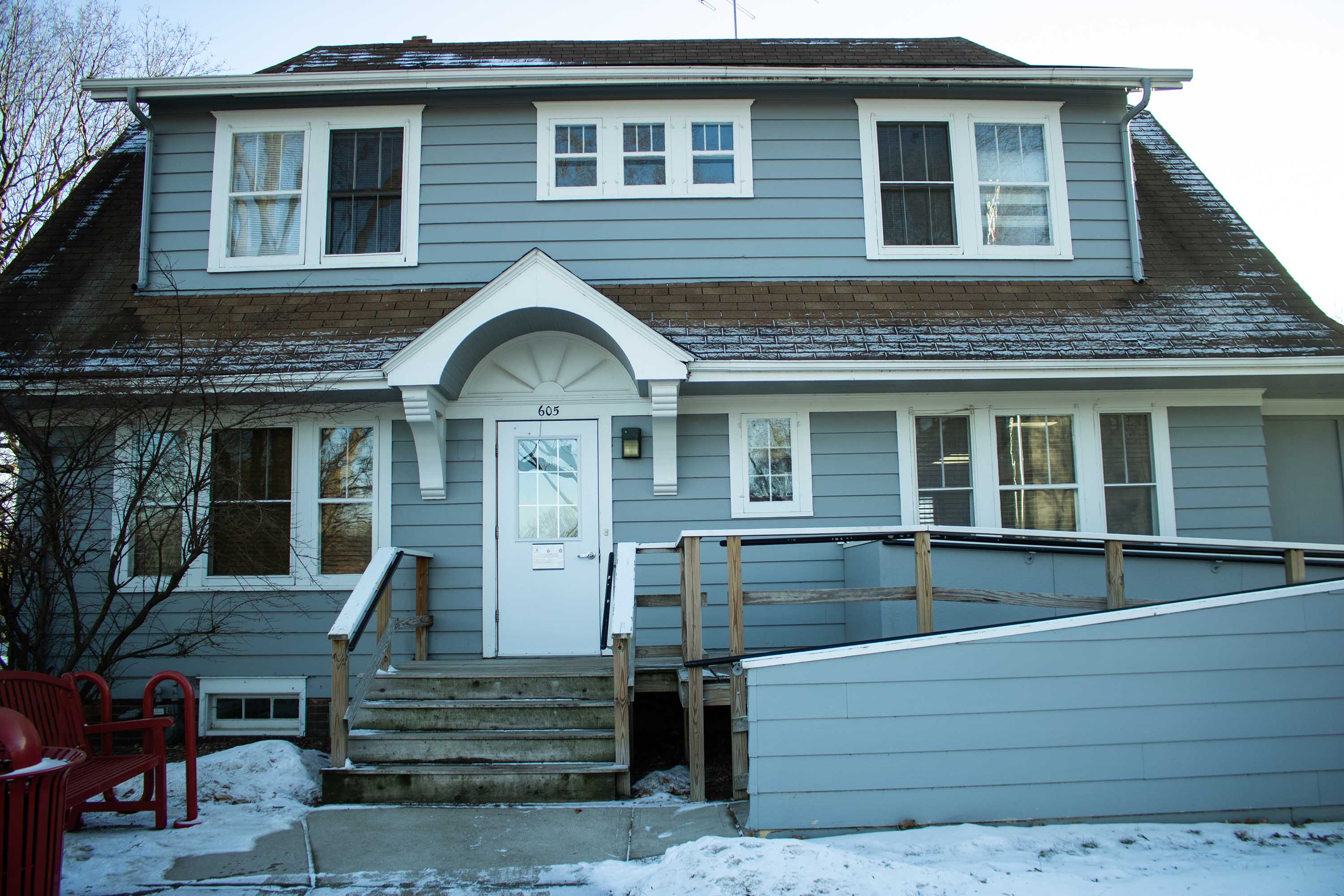
Counseling centers say they don’t see end of year rush
As finals week approaches, students begin to feel the pressure finish well in classes. The culture on campus shifts to a more focused state as studying becomes a larger priority, but in some cases, the stress can be overwhelming.
John Howe, associate dean of students, said he sees a change in student attitude in the Muenster University Center during finals.
“You can definitely tell there’s a greater concentration on academics, a realization that deadlines are pending…there’s definitely a turn in the atmosphere in the MUC,” Howe said.
The most common mental illnesses in college students are anxiety and depression. According to the Association for University and College Counseling Center Directors Annual survey, over a third of college students said stress impacts them.
Howe said the number of students reported for concern of their wellbeing peaks towards the end of the semester.
“…we get referrals more to our office and the dean of students office from faculty or concerned hall staff or other people just expressing concern for students and asking for updates and check-ins on them,” Howe said.
Counseling on campus
Of the three counseling options on campus, only the Cook House takes patients and walk-ins during the end of the semester.
Director of USD Counseling Center Deborah Robertson said they don’t typically see an influx of students at high-stress times like midterms and finals, but instead a consistent amount of students looking for treatment throughout the year.
Reasons for stress at this point in the semester can cause stress because of concerns about grades, burnout, lack of motivation and issues, Robertson said.
While depression used to be one of the main issues students dealt with, Tracie Erdmann, the clinical experiences coordinator of the Counseling and School Psychological Services Center, said anxiety is present in more students now.
“Anxiety has really been on the rise and that’s what we’ve been tracking,” Erdmann said.
Sleep
Studies show sleep is essential to performing daily tasks and staying healthy.
During finals, students can start to feel anxiety and stress levels rise due to lack of sleep and pressure to do well in their classes. Hours of sleep dwindle as late nights in I.D. Weeks Library become more common.
The recommended hours of sleep are around seven to eight per night, however, in order to get the benefits, it has to be quality sleep. Around 20 to 60 percent of college students said they get poor sleep quality, according to a study conducted on the sleep habits of students.
This study also found that college students with poor sleep quality were more likely to experience anxiety, depression, hostility, interpersonal sensitivity, obsessive-compulsive behaviors and more.
Many students believe pulling an all-nighter is more beneficial than sleeping in order to retain information.
“You have to let your body have time to rejuvenate and repair, and that can only be done through sleep,” Howe said.

